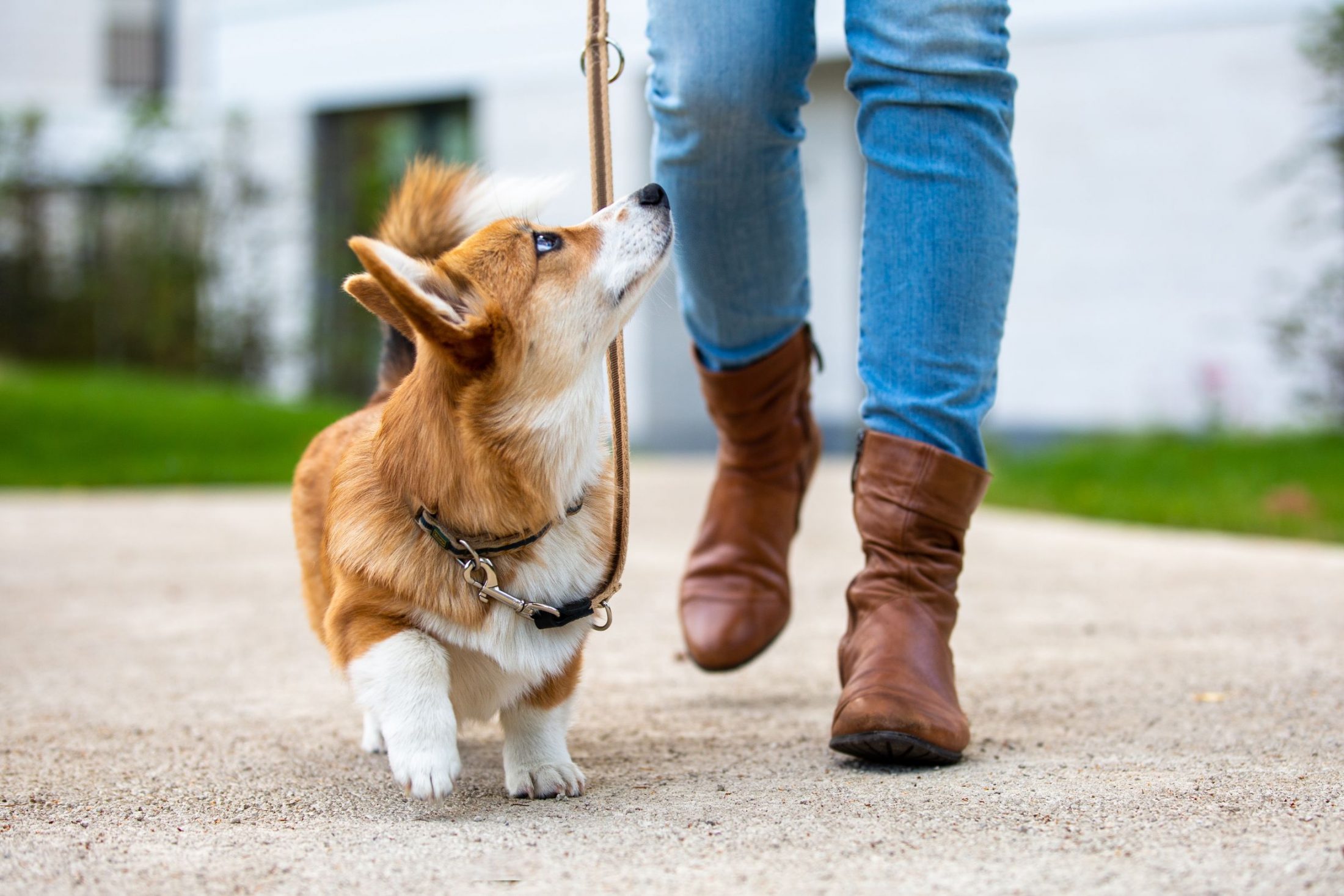 No matter if you have two legs or four, your happiness and overall quality of life are directly dependent on your ability to move around freely and do the things that you love to do. Caring for your pet’s mobility is an important step in making sure that he or she is able to get up and chase a squirrel or two, even during his or her golden years. Keep reading to learn about pet joint care and how you can help your pet.
No matter if you have two legs or four, your happiness and overall quality of life are directly dependent on your ability to move around freely and do the things that you love to do. Caring for your pet’s mobility is an important step in making sure that he or she is able to get up and chase a squirrel or two, even during his or her golden years. Keep reading to learn about pet joint care and how you can help your pet.
Orthopedic Problems in Pets
There are several common problems that can impede a pet’s ability to get around comfortably and effectively. Some are acquired, or develop, over a pet’s lifetime, while others are something a pet is born with. A few of the more common pet joint problems that we see include:
Osteoarthritis – Arthritis in pets is the deterioration of a joint due to normal wear and tear, unnatural forces, or even injury. Many pets develop arthritis as they age, resulting in painful inflammation of the joint.
Dysplasia – Malformations of joints such as the hips or elbows are frequently seen, especially in certain breeds.
Traumatic injuries – Broken bones, dislocated joints, or soft tissue injuries can result in long term orthopedic problems.
Patellar luxation – Some pets, particularly smaller breeds, suffer from a knee cap that pops out of place. This can cause intermittent lameness, discomfort, and hastened development of arthritis in the joint.
Preventative Pet Joint Care
As pet owners, there are certainly some things that we can do to lessen the chances of our pets having joint problems. Increase your pet’s long term mobility by:
- Helping your pet maintain a healthy weight
- Feeding a good quality diet
- Following our feeding recommendations for puppies, especially large breed dogs
- Limiting high impact activities for young animals under a year of age
- Using recommended joint supplements as a preventative measure
- Encouraging appropriate exercise activities
Pet joint care is an important part in keeping our four legged friends happy and active throughout their lifetimes. We are happy to help guide you in choosing a food, joint supplement, or exercise routine for your pet.
Treating Pets with Joint Problems
If your pet already has joint problems, Summeridge Animal Clinic is here help you as well. We are happy to evaluate your pet to determine the extent and nature of the problem. Sometimes we may recommend additional diagnostics such as radiographs (x-rays) or blood testing so that we can offer the best treatment for your furry patient.
Once we know the nature of the problem, we can work with you to develop a treatment strategy to help your pet. Care plans might consist of:
- Weight management
- Nutritional recommendations
- Nutraceutical/supplement prescriptions
- Pain management strategies
- Prescription medications such as nonsteroidal anti-inflammatories
- Physical therapy exercises
Our goal is the same as yours: to provide your beloved pet with a happy, comfortable life. Summeridge Veterinary Clinic is here to help you, whether you want to get your new puppy or kitten started off on the right paw or you are dealing with a problem that has been going on for a long time. Call us today if you would like to learn more about your pet’s joint care and how we can help.



